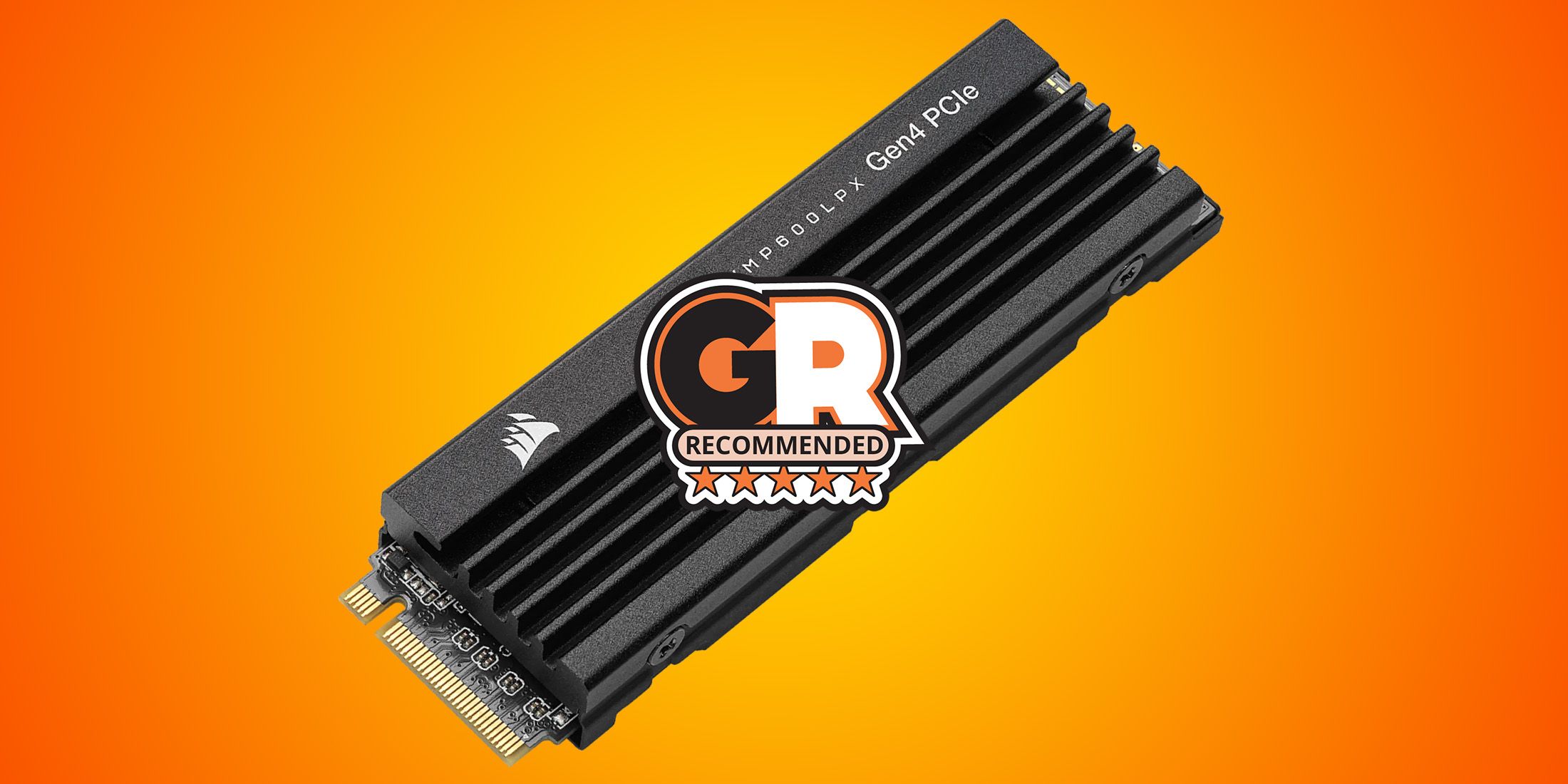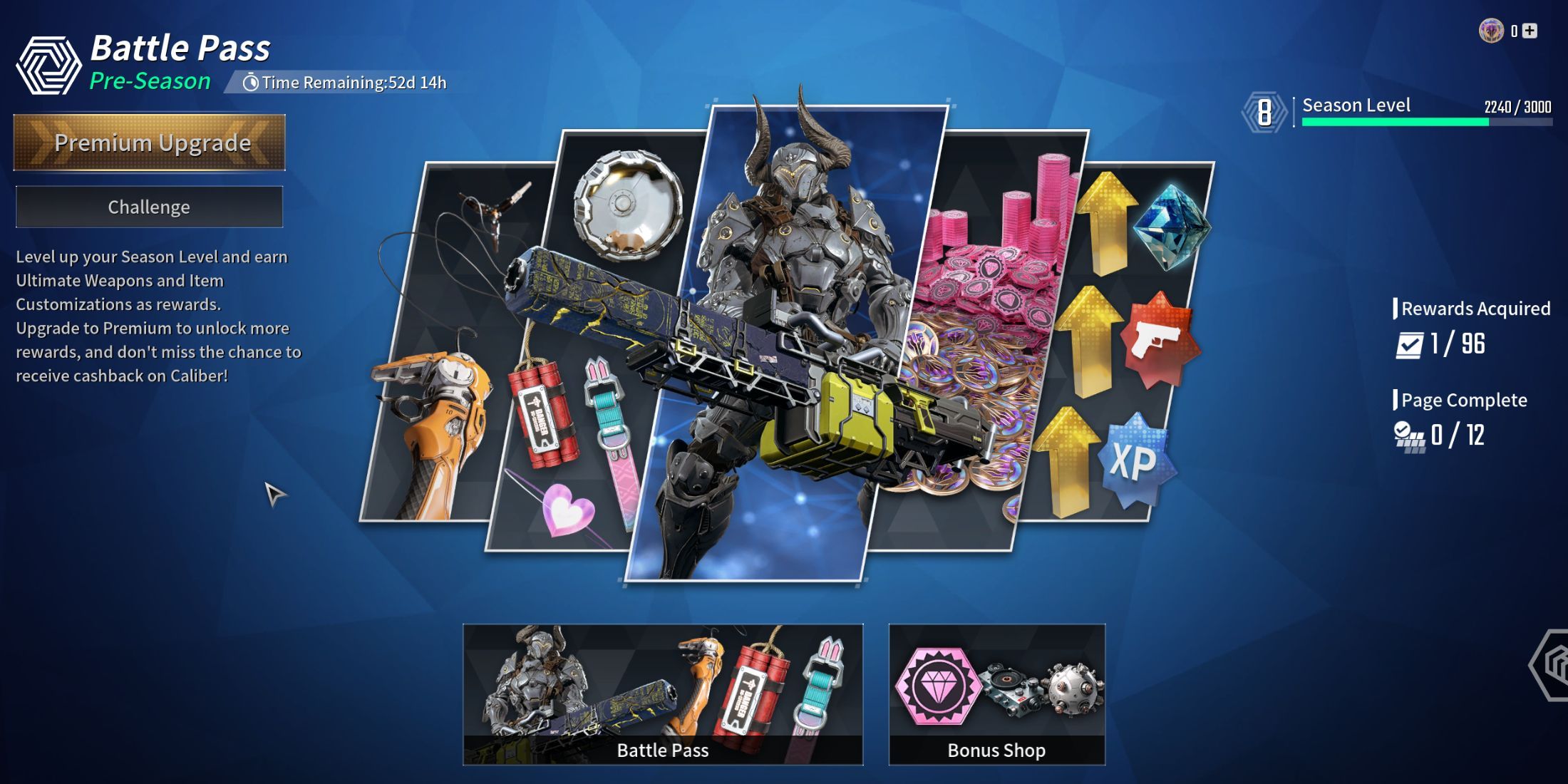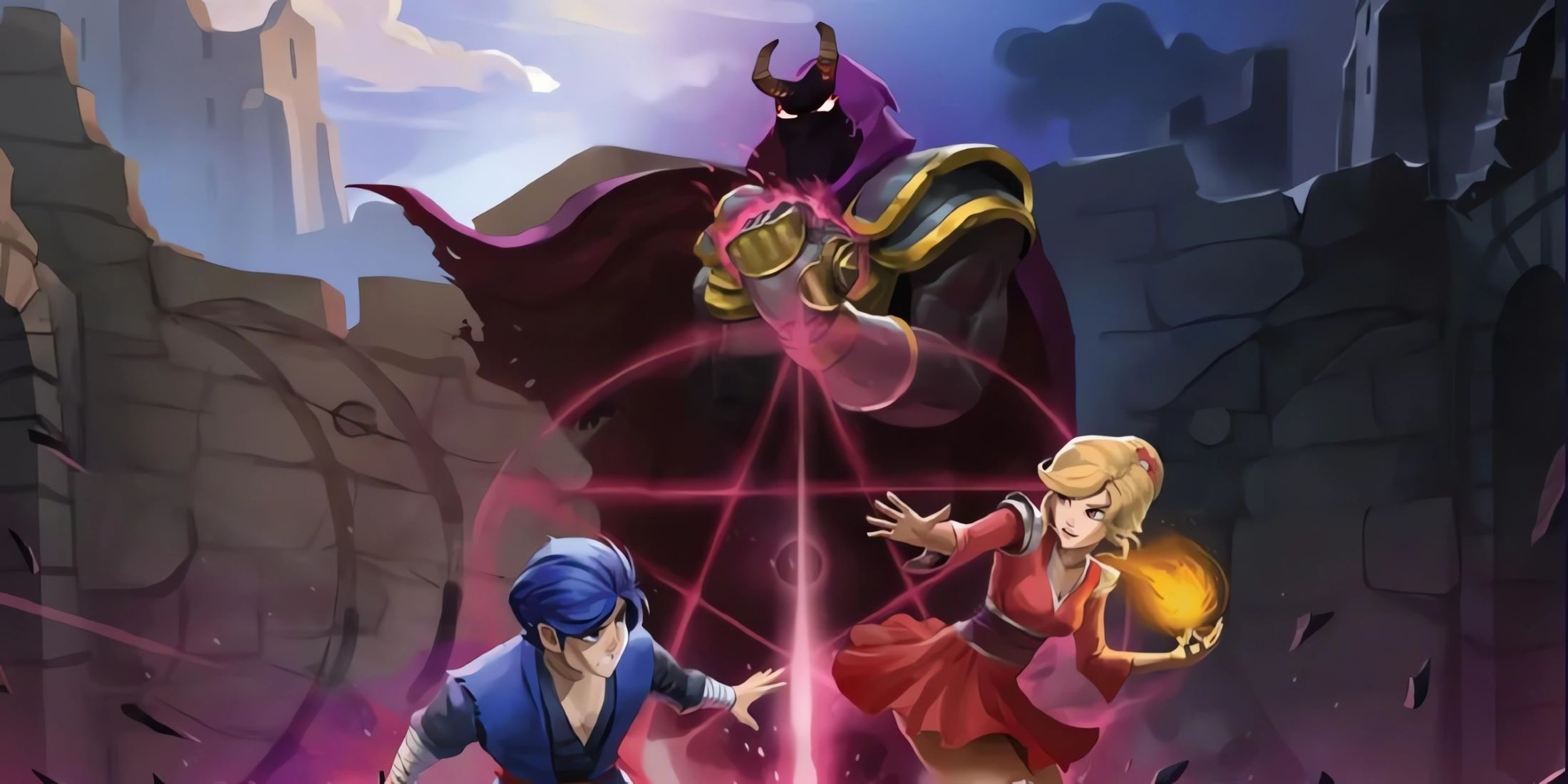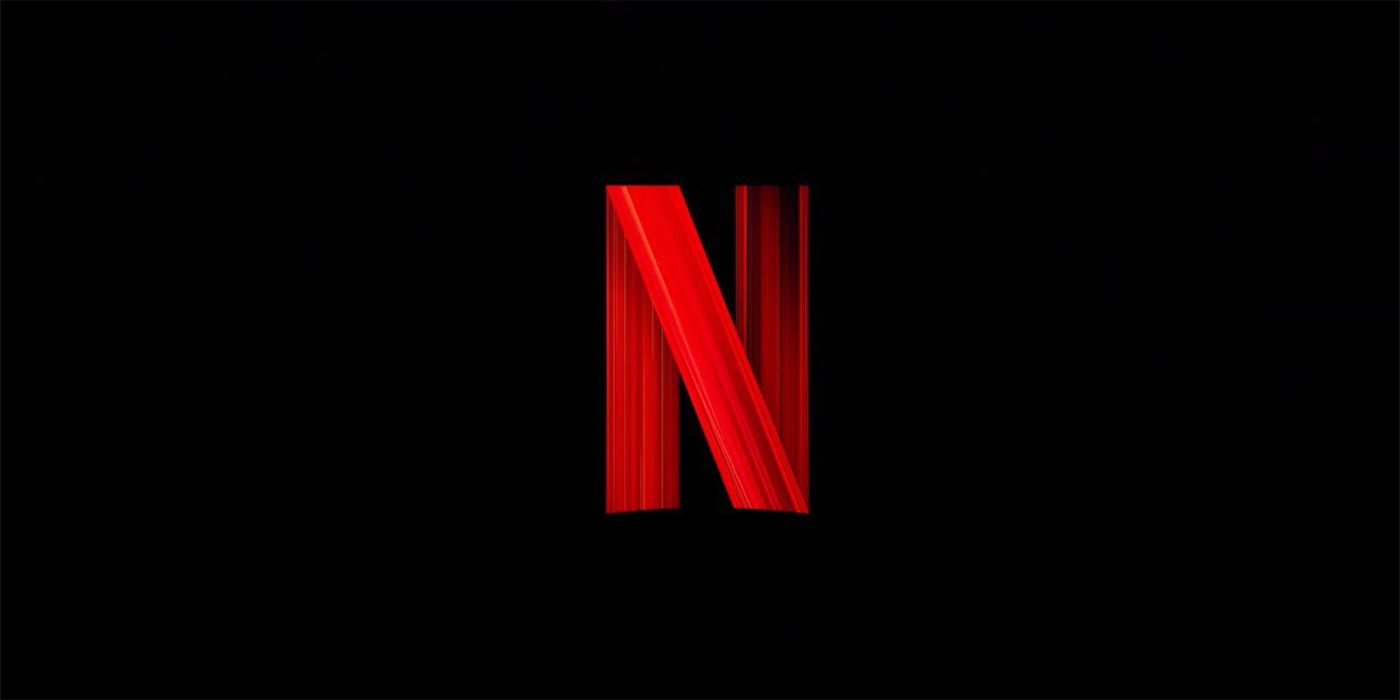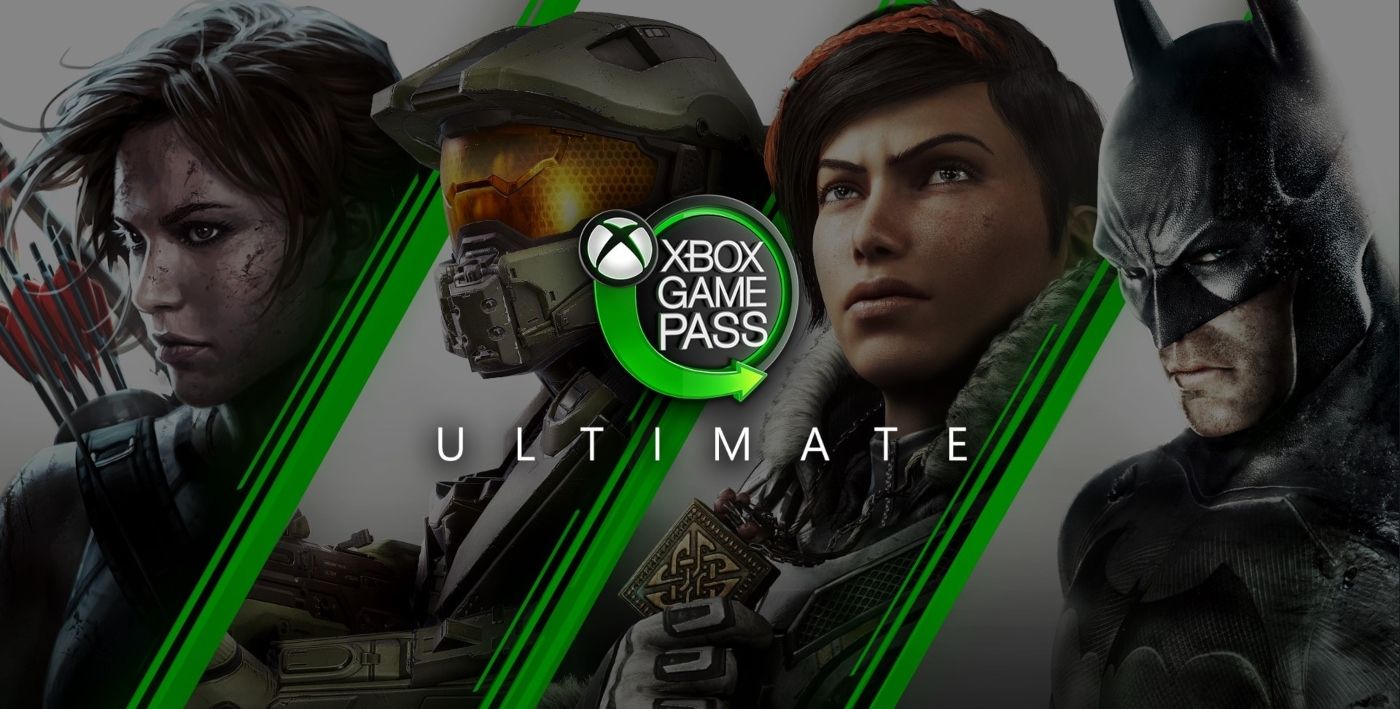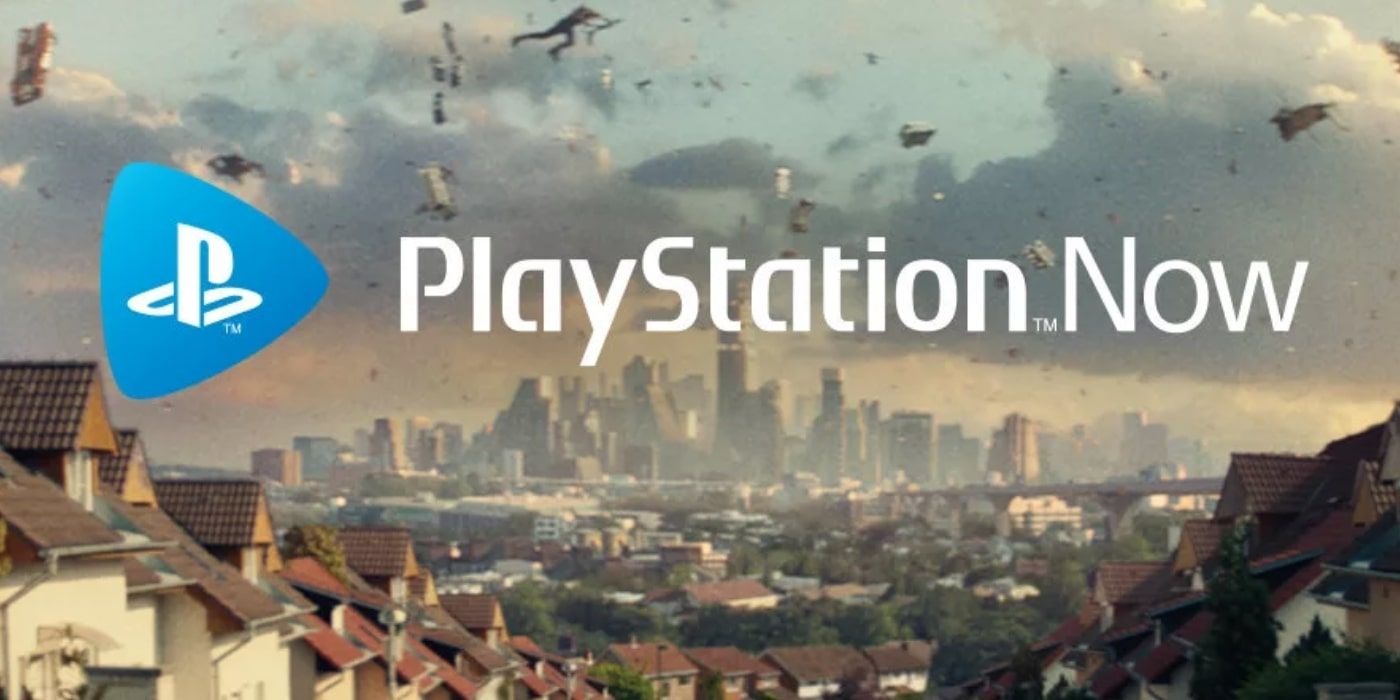For a while, games becoming Netflix-style subscription services seemed like a ridiculous proposition. But, the game industry is now at the beginning of a new era - one where games resemble a catalog more than the stocked shelves of a GameStop. And while this new style of playing games has its promoters and detractors, there are interesting ramifications for the entire industry should these services ever become the only way to play games.
First, it's important to understand that where the industry is right now, at least in terms of subscription services, is unsustainable. The market is far too fractured as Xbox Game Pass, PlayStation Now, Ubisoft's Uplay Plus, EA Access, and Google Stadia each duke it out for gamers' hard-earned cash. It doesn't seem likely that each of these services will be around in 5 years. Odds are, the ones that only support an individual publisher's games will wind up dropping off. This isn't unique to gaming, either, as other digital streaming platforms have the same issue. Just look at how many different television companies are trying to split from Netflix and Hulu to start their own streaming platforms.
Eventually, there will only be two or three major services. Xbox Game Pass has already been wildly successful, and PlayStation just lowered its PlayStation Now subscription cost - a move that indicates it intends to be more competitive with Microsoft and streaming in general. This means that the playing field is relatively even for the two behemoths right now. Microsoft is gearing up to reveal Project xCloud, its next-generation streaming tech, and PlayStation has a better install base on its consoles. Whether PlayStation is able to maintain that lead with the PS5 is still up in the air, but they're still in a strong position right now to be competitive in the streaming industry.
As GameStop potentially burns to the ground, players are going to have to find new places to buy games, and digital distribution is one of the main alternatives. But, as the emphasis of streaming services begin to grow, they'll be more heavily advertised on each platform. Look at the deals that Microsoft has been running for Game Pass. Being able to start the service for just a few bucks is likely enough to draw most players into giving it a shot - especially with first-party Microsoft games being added to the service on day one. This helps build up a healthy install base for the service, a base that may reconsider purchasing games when they already have a massive library at their fingertips for the price of a combo meal at a fast-food restaurant each month.
Does this mean that purchasing games outright is going to go away entirely? No, absolutely not. But it does mean that there will be a divide between those that actually own their games versus those that simply choose to stream them from a set catalog. Again, look at how Netflix has shaken up the film industry. Ownership and subscriptions currently co-exist, and it'll likely be that way for a while. Yet, buying discs has seen massive declines over the past 5 years. A digital-only future is almost guaranteed, even if the industry isn't there quite yet.
Mirroring the success of Netflix would also mean producing original content exclusively for subscribers to the service, which is interesting in itself. Platform exclusives have been around for as long as games have, but something like this would mean that not only do players have to opt into a platform, they have to subscribe to that platform's subscription service to enjoy everything that it has to offer. No company has indicated that it intends to do this, but it isn't outside the realm of possibility. After all, it would be an effective method to draw more users to the subscriptions. Eventually, it will put a stranglehold on those that want to exclusively purchase games outright, forcing them to subscribe one way or another.
The only thing really up in the air is how long it'll take for this to be the case. On one hand, the future feels imminent. But on the other, there are still large swathes of gamers that aren't ready to give up on physical media, and there's nothing wrong with that. Wanting to own a tangible piece of something that matters to someone is normal, just look at how much people paid for decommissioned World of Warcraft servers. It's also important from a game preservation standpoint, as there's no telling what will become of an exclusively-streamed game after its pulled from online services.
Game subscriptions do have clear benefits. It's a cost-effective way of playing games, and Xbox Game Pass has even helped boost indie game sales. Still, the industry may not be ready for a full transition yet - and that's okay. The services will, undoubtedly, become more mainstream - that's just progress. It raises quite a few questions about the power platform owners will have over their audience, a slightly worrying thought, but at the end of the day, it may be a good thing. Only time will tell.

